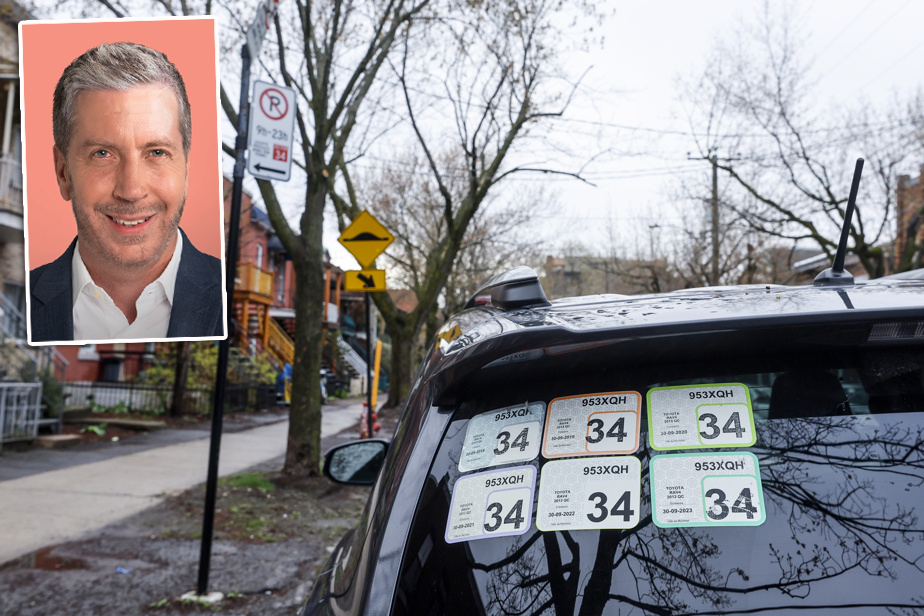Big news out of Montreal: Starting on July 1, drivers of larger, heavier cars will pay more for residential parking permits in one busy corner of town.
In the Rosemont-La Petite-Patrie, permit prices will depend on the engine size and vehicle weight, with cheaper prices for electric, hydrogen and plug-in hybrid cars vs. all other engines. Owners of the more-efficient cars will pay just $115 (Canadian) so long as their cars weigh less than 3,000 pounds. Owners of any car lower than 2,500 pounds will also pay that rate.
The prices top out at $205 for so-called "clean" cars weighing 3,700 pounds or more — or dirty cars weighing 3,200 pounds or more.
"The approach aims to encourage residents to own both cleaner and smaller vehicles, as well as to use car-sharing services," summarized Eltis, a European news outlet.
CTV News and the Montreal Gazette, which first reported the story, said the rising fees are also inspired by a "huge increase" in the number of SUVs in Montreal, just as there is south of the border.
Car ownership in The City of Saints is growing faster than the population, up 21.7 percent between 2001 and 2021 vs. just 11.3 percent population growth. The biggest increase in cars was among light trucks and SUVs, which increased by almost 190 percent.
During that time, the neighborhood also saw one-quarter of its parking spots lost to the swelling size of the new cars.
Montreal Mayor Valérie Plante, a popular figure in the livable streets movement, cheered the neighborhood for its decision, both for its impact on road violence and on climate change.
"How do we protect the more vulnerable on our streets?" she asked recently. "The bigger a vehicle is, the less vision you have. [And] for climate change, if you have a vehicle with gas, well, it's not as good."
She cautioned residents against objecting to the change, saying that those car owners could get smaller vehicles or get rid of them altogether.
As a point of fact, even at $205 per year, a residential parking permit in that portion of Canada's most important city is a bargain. A typical parking lot in the neighborhood charges $85 per month, or $1,020 per year.
The neighborhood's mayor, François Limoges, focused on the logistics.
“Cars are taking up more and more space," he told La Presse. "The increase in the size of automobiles has led to the reduction of 4,000 to 10,000 parking spaces. “Manufacturers systematically put bigger vehicles on the market, except that they forget that all this has a growing cost for infrastructure. A RAM 150 takes the place of two Yaris on the street. This must be taken into account."
But he also said the permits aren't meant to solve all the world's problems.
“We’re also hoping to start a conversation about vehicle sizing more broadly, for other people to look into this and consider the impact on safety as well. This discussion needs to happen,” he said.
That discussion is, alas, underway, albeit under-weight. Some cities in the U.S. (most notably, Washington, D.C.) are charging owners of super-heavy vehicles slightly more to register them. It's an issue that is coming to the forefront as aging parking garages groan (and sometimes collapse) under the weight of today's heavier cars.
But in other ways, our nation is going backwards — the Biden administration, for example, is offering tax credits to purchasers of some of the heaviest SUVs and trucks on the market ... all because they are powered by electrons, not by burning fuel.
Some of those drivers, no doubt, will use the savings to pay for ... increased parking fees.





